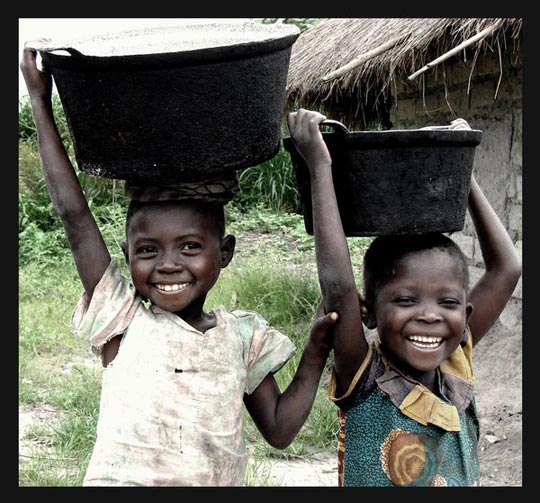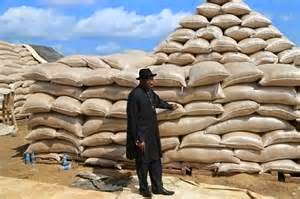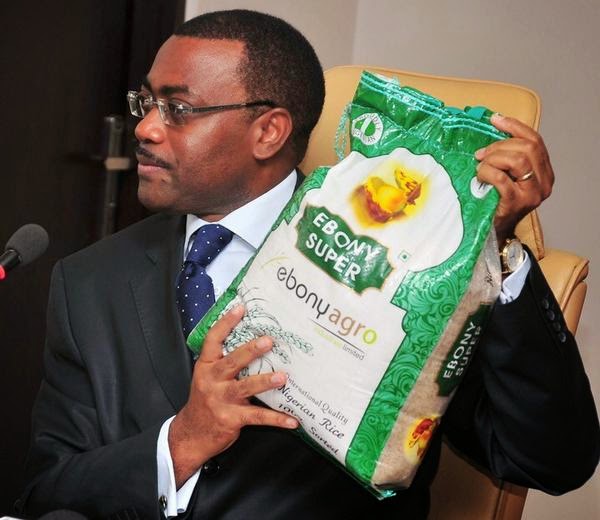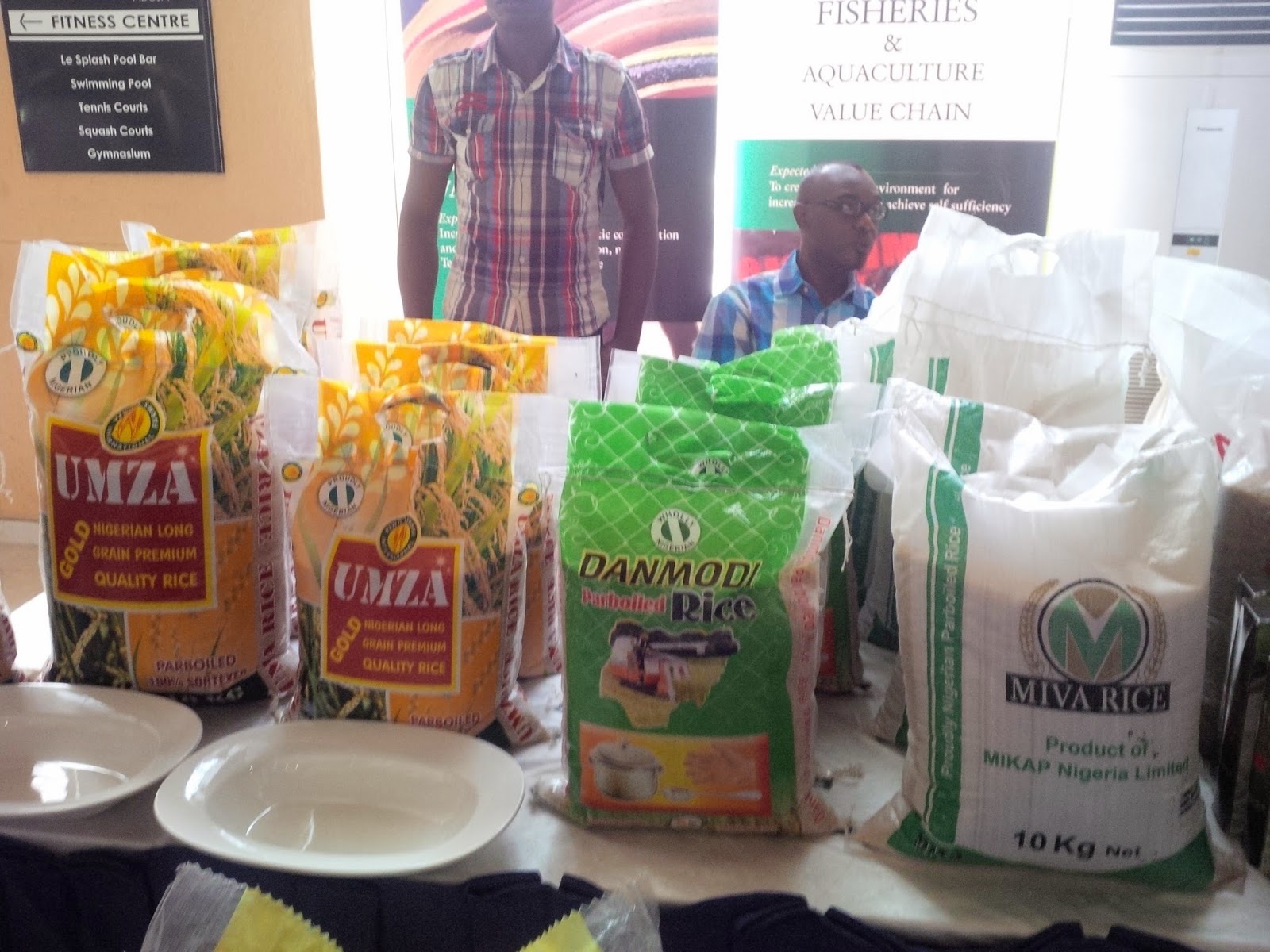 |
|
Appropriate funding of Agriculture
in Africa and many developing nations remains the major challenge to the attainment
of the MDG 1. Poverty and hunger continue to pose as stumbling block to
socio-economic development in most countries in Africa, including Nigeria. With enormous number of programmes and regional cooperation, eleven
years after the AU, Maputo declaration, the continent is yet to mobilize and
align its developmental agenda with agriculture at the front burner. The Maputo
2003 recommendation and agreement of 10% budgetary allocation to agriculture by
African countries is yet to have its full compliance. According to the 2014 CAADP
report, only few African countries have attained the 10% while an average of 7%
spending on agriculture was recorded. Nigeria agriculture, despite its giant
strides and unprecedented achievements in the last 4 years could have done much
more better if funding had been appropriate. The current efforts and successes
recorded in the sector could be attributed to the strong commitment and honesty
of purpose of the ‘driver’, Dr. Akinwumi
Adesina.
 |
| President Jonathan by a Rice Pyramid in Doma, Nassarawa State |
No nation could grow without the fundamentals of food security and
poverty eradication. Food
security, especially in the sub Saharan Africa must be at the front burner of
every political leadership; because studies have blamed the general instability,
wars, unrest e.t.c on hunger and poverty. Borrowing the statement credited to Dr. Jacques Diouf, the
past Director General of FAO:
"No civilization, no continent, no
self-respecting country can allow the food-
Security of its people, to be ensured
or decided by others; from the depths
of history, great empires and affluent
kingdoms have come and gone. But,
if we look closely at what contributed
to their demise, we would often
see that the main cause was the failure
to meet the basic needs of the
People in particular food"
I believe agriculture should be
prioritized and given greater attention in terms of funding. The successive statutory allocations to the sector cannot but be described as paying "lip
service" to diversifying the country's economic base. Feeding over 173 million population should not be solely from
imports; neither should the provision of employment opportunities for the very
active youth population and growing the economy from the non oil sector be put
at the back burner of legislative concern.















